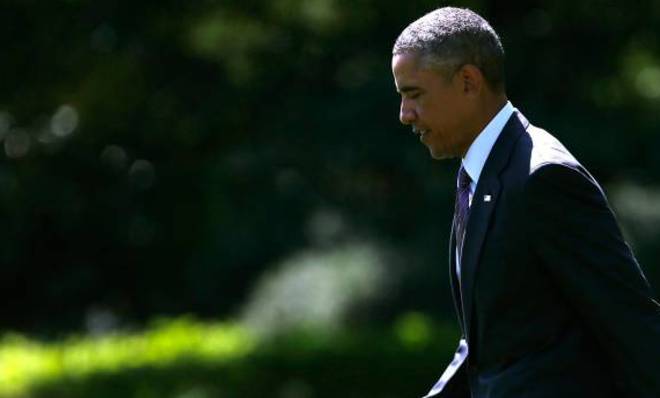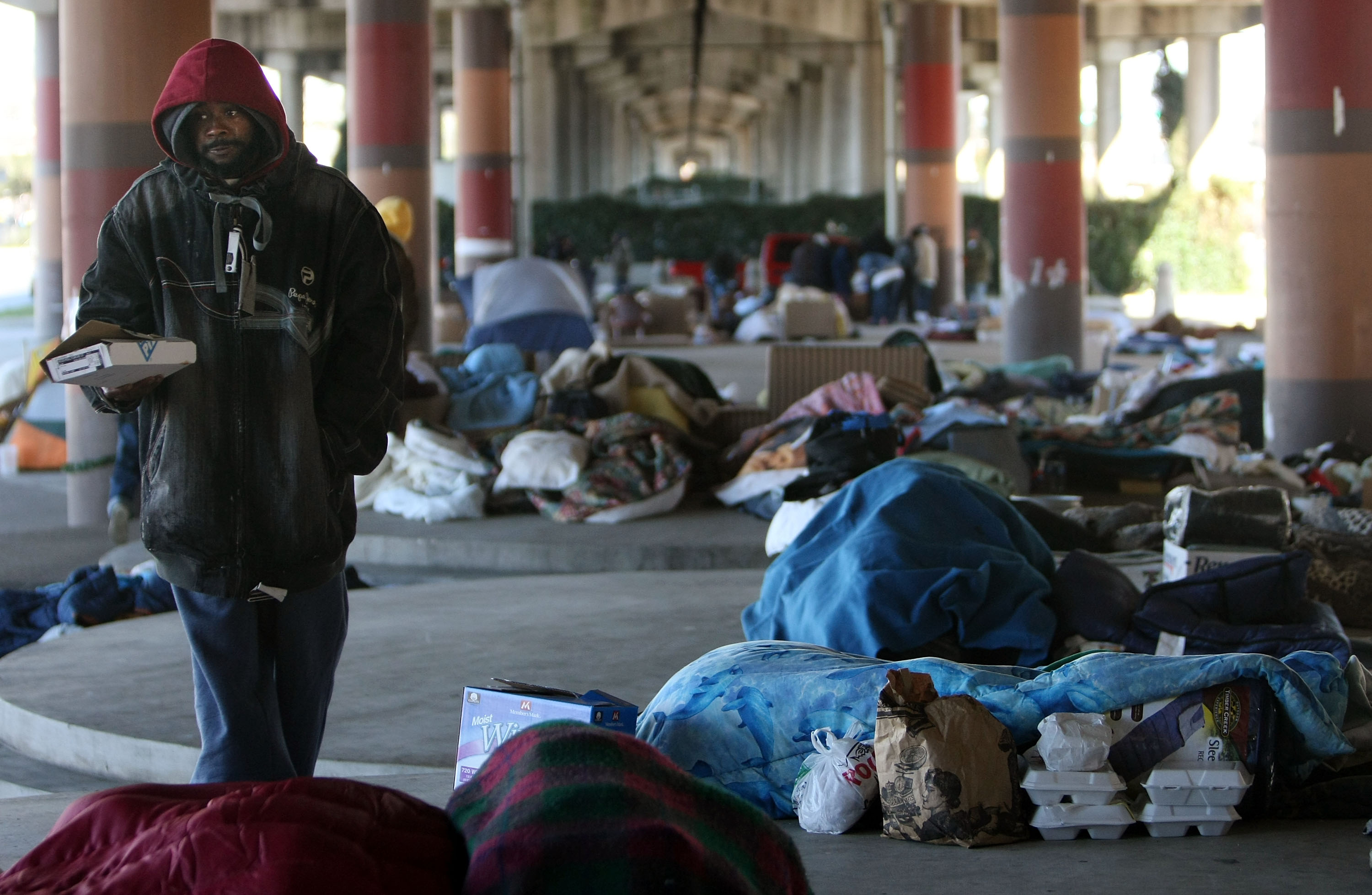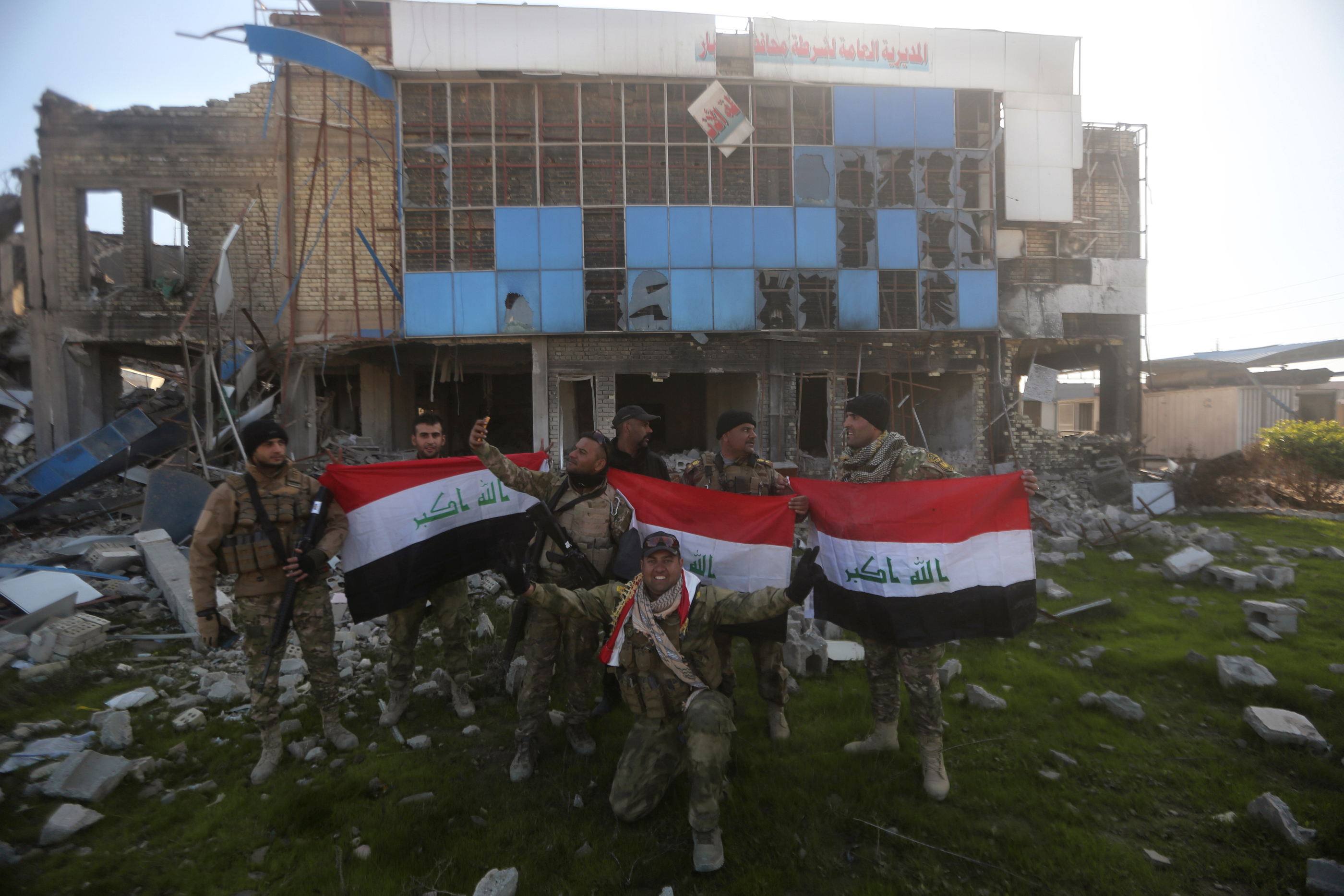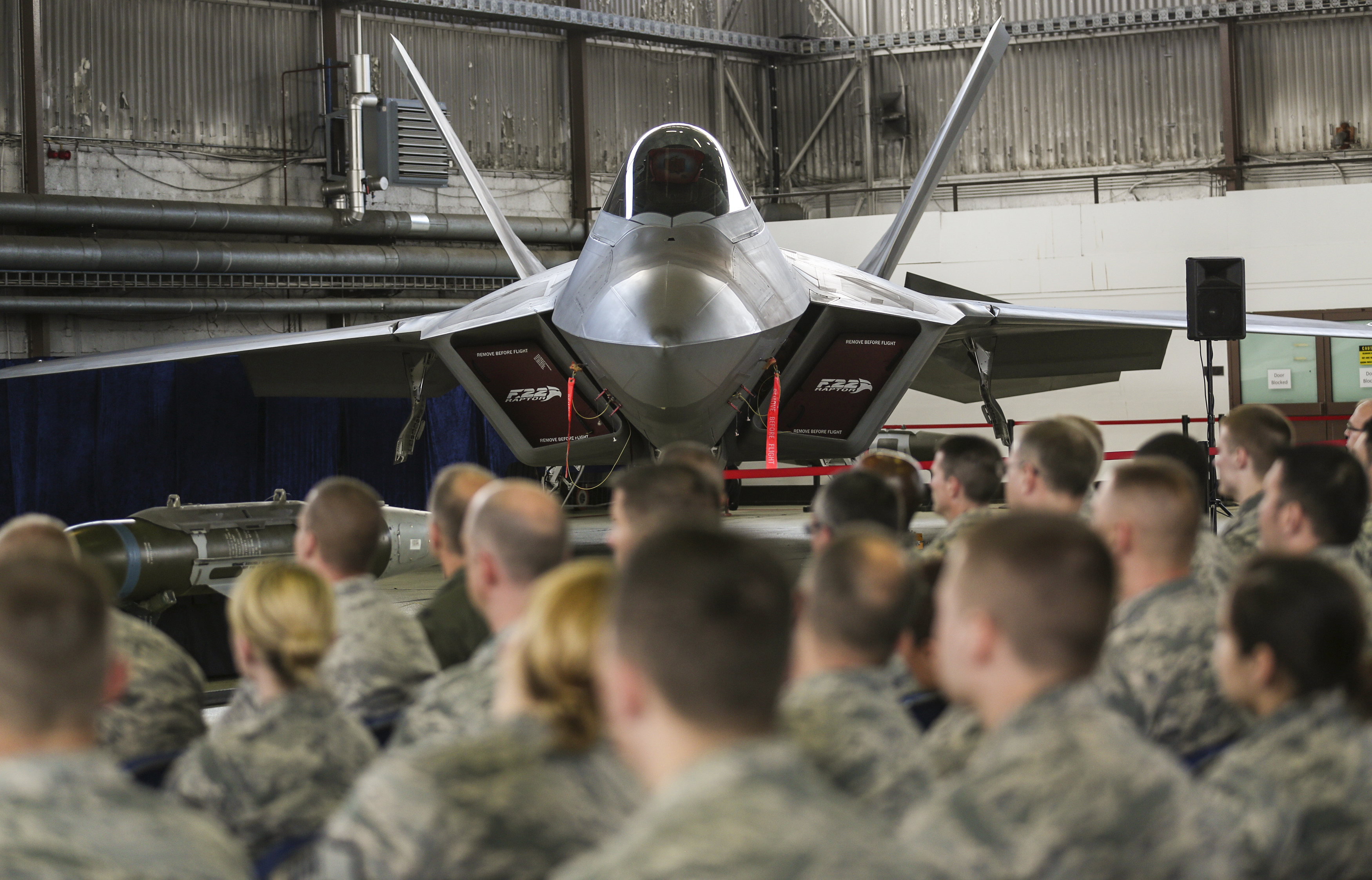U.S. troops are (probably) already in Iraq fighting ISIS


A free daily email with the biggest news stories of the day – and the best features from TheWeek.com
You are now subscribed
Your newsletter sign-up was successful
"There are no boots on the ground."
I don't care for the phrase. Never did. Wearing boots is what combat forces do in certain circumstances. Using it as synecdoche for "troops in harm's way" warps the scope of what the U.S. military does. It may also give the Pentagon an easy out, because certain forces wear sneakers, not boots.
A very brave Ford Sypher, writing for The Daily Beast, saw suspiciously Western-looking commandos race by him in their heavy trucks, and was given word by his Kurdish escorts that these were indeed foreigners:
The Week
Escape your echo chamber. Get the facts behind the news, plus analysis from multiple perspectives.

Sign up for The Week's Free Newsletters
From our morning news briefing to a weekly Good News Newsletter, get the best of The Week delivered directly to your inbox.
From our morning news briefing to a weekly Good News Newsletter, get the best of The Week delivered directly to your inbox.
Contacts in the Kurdish intelligence service and Peshmerga leadership confirmed what we saw. "Yes," one commander replied to our questions. "German and American forces are on the ground here. They are helping to support us in the attack." [The Daily Beast]
A spokesman for the Central Command denied this specifically. "There are no U.S. troops on the ground in or around Zumar," he said. But Sypher's Kurdish sources told him that one team of U.S. Special Operations Forces and several teams of German Kommando are on the ground to help coordinate airstrikes.
Whom to believe? Go with Sypher.
Why? Recall the NATO bombing in Libya and repeated denials from U.S. officials that troops weren't on the ground, and would not be on the ground.
A free daily email with the biggest news stories of the day – and the best features from TheWeek.com
But there were men and women employed and trained by the U.S. government inside Libya. They were engaged in paramilitary activities. They had guns. There were members of the Central Intelligence Agency's Special Activities Division (SAD) — about 40 of them. They worked with Libyan and ground-spotters from other NATO countries to help NATO fighters find their targets and help the CIA track high-value Libyan and foreign terrorists. These Americans were there on the legal authority of a covert action finding that President Obama signed, and then notified Congress about.
The CIA does not belong to the Department of Defense. But the Defense Intelligence Agency has a clandestine wing that can essentially exchange personnel with CIA teams, a practice known as sheep-dipping — they "become" CIA operatives for as long as they need to. There may also have been actual Special Operations Forces on the ground, perhaps members of the Joint Special Operations Command task force that specializes in operationally preparing the battlefield and whose very name is a classified code word. Its barely unclassified identity: "The Activity."
Any or all of these forces could be transferred to the CIA's commander on the ground. At that point, there technically would be no U.S. military forces underneath the air combat canopy; JSOC would simply loan 12 soldiers for a week, or however long it took.
In Iraq, right now, there are military trainers in Baghdad; the "trainers" are largely intelligence personnel, and many of them are tasked with helping the U.S. target ISIS encampments. Obama would probably have signed a covert action finding allowing the CIA to expand its presence in Iraq, something that would amount to a "significant intelligence activity" and thus require congressional notification.
The CIA's SAD, in turn, could partner with The Activity, as well as with the British Special Air Service Regiment, to gather signals and electronic intelligence from the ground, and to help Air Force and Navy combat planners select the right way to take out their targets.
The classified Special Operations units exist specifically for these types of missions. And to protect them, the Pentagon will absolutely tell a technical truth but a de facto lie to conceal an important mission.
Marc Ambinder is TheWeek.com's editor-at-large. He is the author, with D.B. Grady, of The Command and Deep State: Inside the Government Secrecy Industry. Marc is also a contributing editor for The Atlantic and GQ. Formerly, he served as White House correspondent for National Journal, chief political consultant for CBS News, and politics editor at The Atlantic. Marc is a 2001 graduate of Harvard. He is married to Michael Park, a corporate strategy consultant, and lives in Los Angeles.
-
 How the FCC’s ‘equal time’ rule works
How the FCC’s ‘equal time’ rule worksIn the Spotlight The law is at the heart of the Colbert-CBS conflict
-
 What is the endgame in the DHS shutdown?
What is the endgame in the DHS shutdown?Today’s Big Question Democrats want to rein in ICE’s immigration crackdown
-
 ‘Poor time management isn’t just an inconvenience’
‘Poor time management isn’t just an inconvenience’Instant Opinion Opinion, comment and editorials of the day
-
 The recycling crisis
The recycling crisisThe Explainer Much of the stuff Americans think they are "recycling" now ends up in landfills and incinerators. Why?
-
 The L.A. teachers strike, explained
The L.A. teachers strike, explainedThe Explainer Everything you need to know about the education crisis roiling the Los Angeles Unified School District
-
 The NSA knew about cellphone surveillance around the White House 6 years ago
The NSA knew about cellphone surveillance around the White House 6 years agoThe Explainer Here's what they did about it
-
 America's homelessness crisis
America's homelessness crisisThe Explainer The number of homeless people in the U.S. is rising for the first time in years. What’s behind the increase?
-
 The truth about America's illegal immigrants
The truth about America's illegal immigrantsThe Explainer America's illegal immigration controversy, explained
-
 Chicago in crisis
Chicago in crisisThe Explainer The "City of the Big Shoulders" is buckling under the weight of major racial, political, and economic burdens. Here's everything you need to know.
-
 The bad news about ISIS's defeat in Ramadi
The bad news about ISIS's defeat in RamadiThe Explainer The contours of a broader sectarian war are coming into focus
-
 America can still destroy the world
America can still destroy the worldThe Explainer The decline of U.S. military power has been greatly exaggerated
